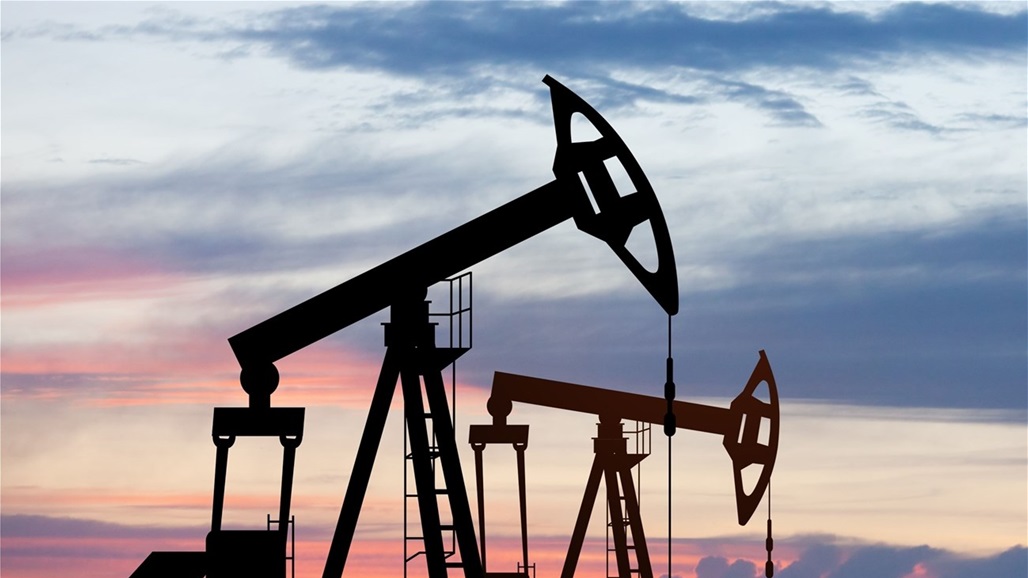Rise in Oil Prices Supported by Supply Concerns Due to Military Escalation

Global oil prices saw a significant increase on Tuesday, September 2, amid growing market fears of supply disruptions due to the ongoing escalation of the war between Russia and Ukraine and its direct impact on energy infrastructure.
By the time of trading, Brent crude rose by 28 cents (equivalent to 0.41%) to reach $68.43 per barrel. Meanwhile, West Texas Intermediate crude jumped by 91 cents (1.42%) to record a price of $64.92 per barrel.
This increase is primarily attributed to recent Ukrainian attacks using drones, which led to the closure of vital oil facilities. According to calculations by "Reuters", these facilities represent at least 17% of Russia's oil processing capacity, equivalent to about 1.1 million barrels per day.
This escalation follows a statement by Ukrainian President Volodymyr Zelensky on Sunday, in which he announced that his country "plans to launch new strikes deep within Russia", following weeks of concentrated attacks targeting Russian energy facilities.
Both Russia and Ukraine have intensified their airstrikes in recent weeks; Moscow targets energy and transportation systems in Ukraine, while Kyiv focuses on Russian oil refineries and pipelines.
Commenting on the situation, Daniel Hynes, a commodities expert at "ANZ Bank", stated in a note released on Tuesday: "The risks to energy infrastructure in Russia remain high, as Ukraine continued to strike more Russian oil refineries over the weekend, intensifying its attacks."
On another note, geopolitical factors came into play after Chinese President Xi Jinping presented his vision for what he described as a "new global system" prioritizing the Global South, in a direct challenge to the United States, during a summit that included leaders from Russia and India. China and India are the largest buyers of Russian crude, which is the second-largest oil exporter in the world. U.S. President Donald Trump imposed additional tariffs on India due to its purchases of Russian oil, while no similar tariffs were imposed on China.
While awaiting market developments, investors are now looking forward to the upcoming meeting of the Organization of the Petroleum Exporting Countries (OPEC) and its allies within the "OPEC+" alliance scheduled for September 7, in search of any indications regarding a new increase in the group's production.